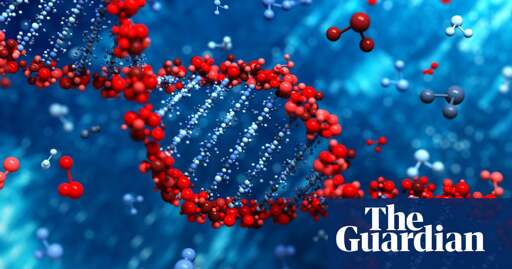The international group of Nobel laureates and other experts warn that mirror bacteria, constructed from mirror images of molecules found in nature, could become established in the environment and slip past the immune defences of natural organisms, putting humans, animals and plants at risk of lethal infections.
Although a viable mirror microbe would probably take at least a decade to build, a new risk assessment raised such serious concerns about the organisms that the 38-strong group urged scientists to stop work towards the goal and asked funders to make clear they will no longer support the research.
Many molecules for life can exist in two distinct forms, each the mirror image of the other. The DNA of all living organisms is made from “right-handed” nucleotides, while proteins, the building blocks of cells, are made from “left-handed” amino acids. Why nature works this way is unclear: life could have chosen left-handed DNA and right-handed proteins instead.



A lot of organic molecules, including DNA base pairs, have a property called "chirality" (aka "handedness") where the mirror image of a molecule cannot be superimposed on the molecule itself (like hands).
DNA is used as a template for creating proteins. All living organisms have "right-handed" DNA, so all of our proteins also have the same handedness. The "mirror life" they're talking about would be organisms with "left-handed" DNA and proteins.
A molecule's chirality has a ton of impact on its chemical properties. For example, the decongestant in an over-the-counter nasal spray is l-methamphetamine; its right-handed version, d-methamphetamine is — you guessed it — meth.
Proteins are incredibly large and complicated molecules that have intricate 3D structures. Interactions between different proteins depend on this 3D structure — for example, that's why there's been so much concern in minor changes in the COVID "spike protein" that allows it to enter cells and get detected by the immune system. That's not even to mention the danger posed by misfolded proteins (which can caused diseases like alzheimers) or prions (which cause diseases like mad cow).
The concern is that: living organisms are literally not set up to handle reverse-handed proteins. Hypothetical "mirror bacteria" made out of reverse-handed DNA, proteins, etc have the potential to easily cause ecological disaster.
Ironically, Walter White discusses chirality at some point in breaking bad